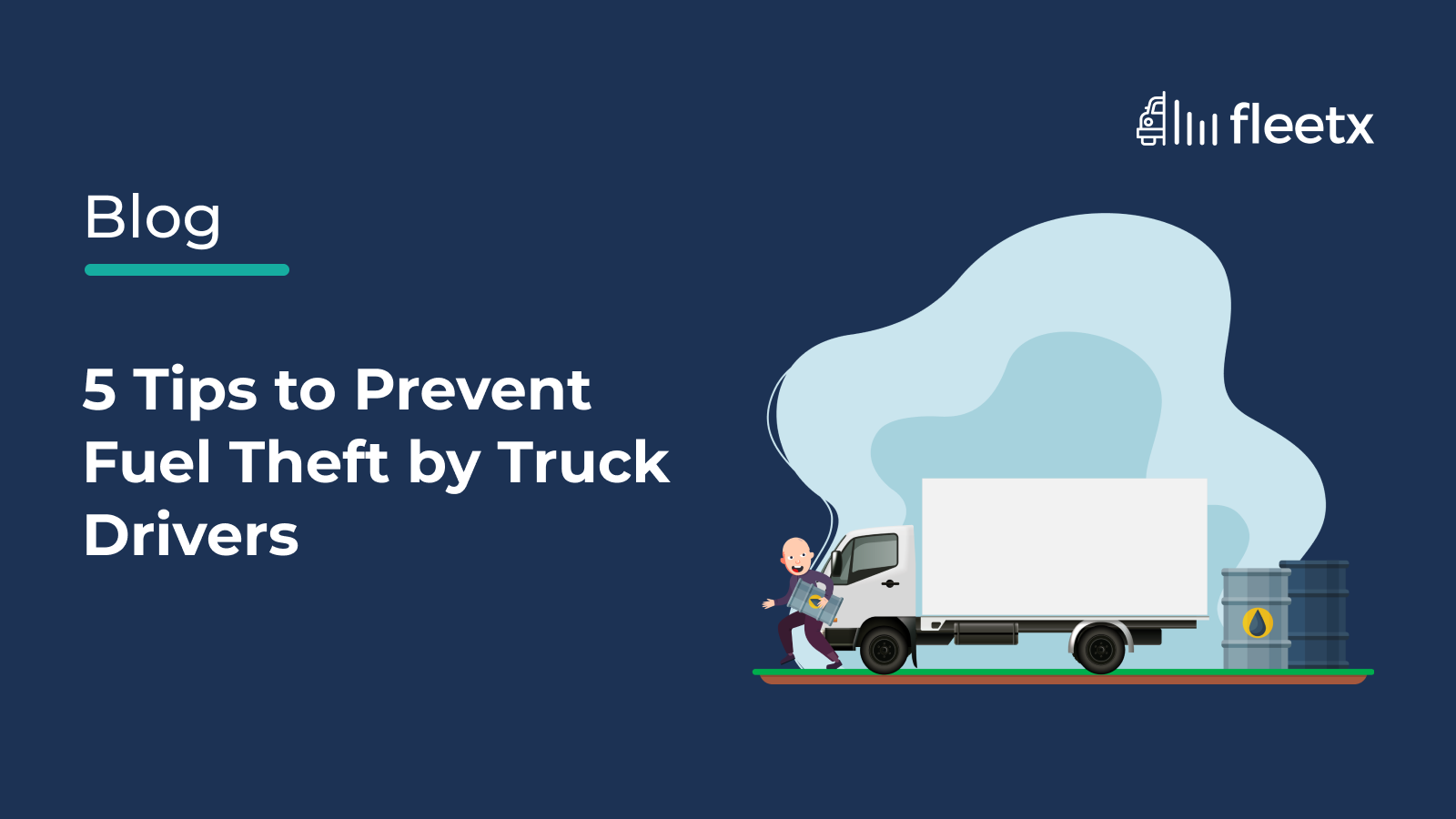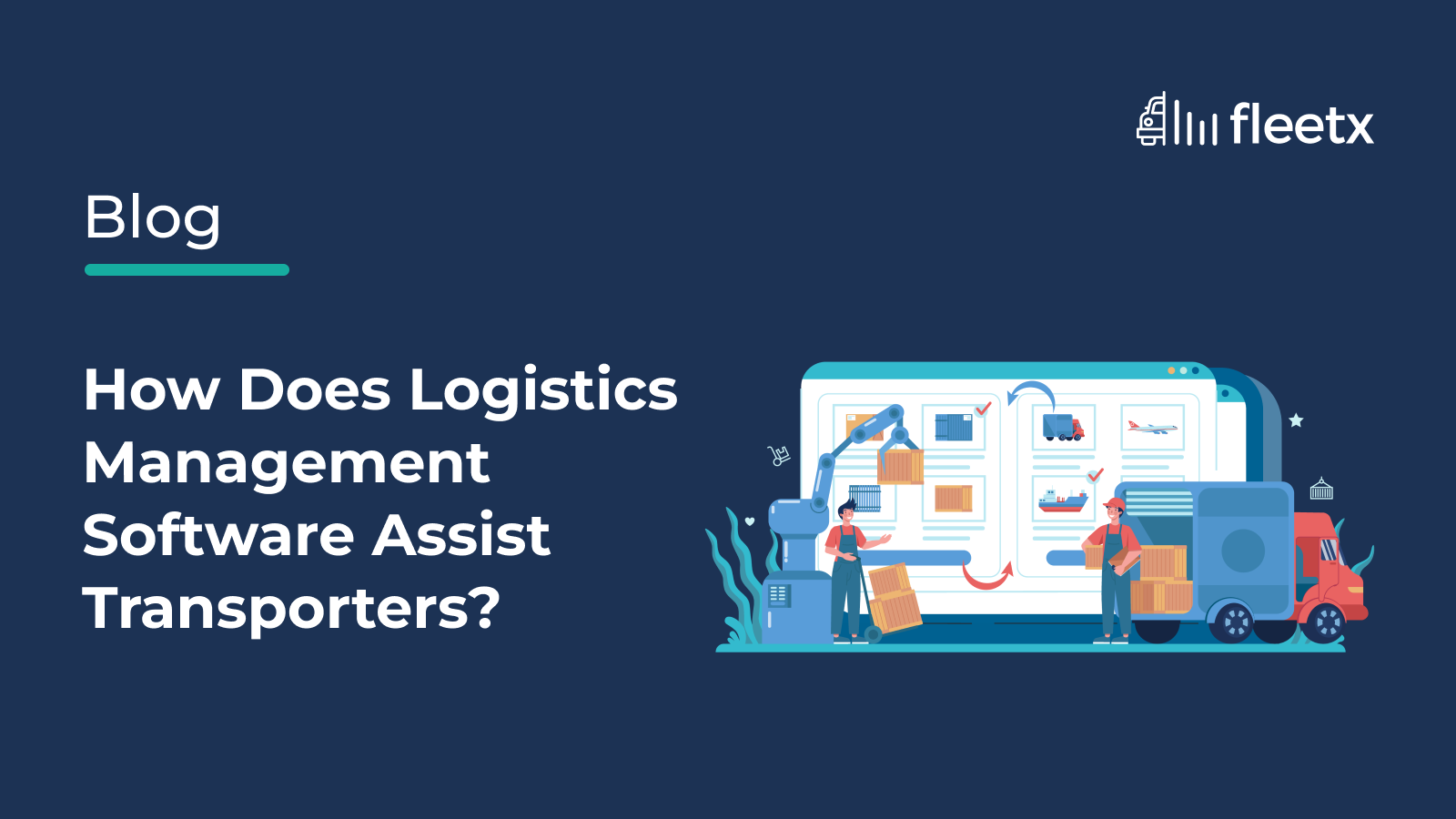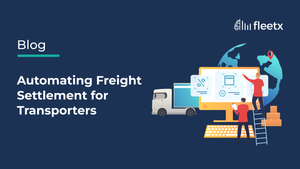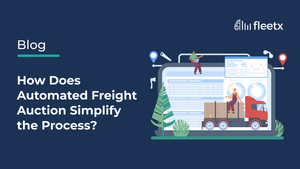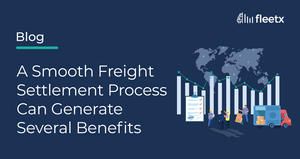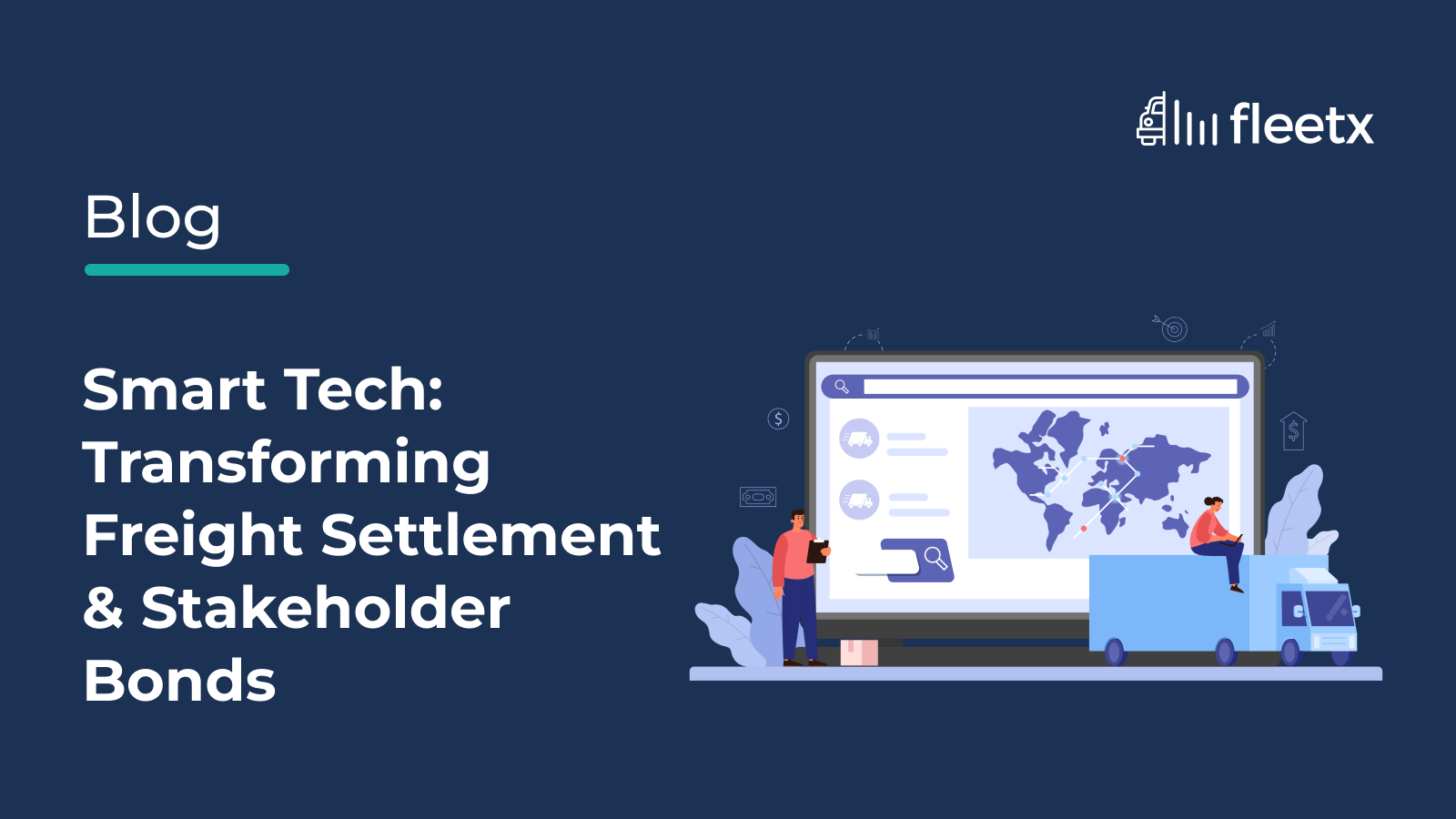
Traditionally, manual processing of freight settlements has been prone to errors and delays, causing inefficiencies in supply chains. Freight settlements consist of several key activities, including verifying and validating delivery records, reconciling payments, and managing payment cycles. These processes often lead to disputes, miscommunication, and financial inconsistencies that strain relationships between stakeholders.
Technology solutions such as Electronic Proof of Delivery (ePOD) and integrated logistics platforms, offer significant potential to improve freight settlement efficiency and build more trustworthy, transparent relationships between transporters and enterprises.
The Traditional Challenges of Freight Settlement
Manual freight settlement processes are problematic due to their time-consuming nature and susceptibility to human error. Steps such as delivery verification and reconciliation are often inefficient when managed manually, causing delays and even financial losses for both parties. Here are some common issues:
1. Verification Inefficiencies: Traditional freight settlement requires manual verification, which is not only time-intensive but also prone to errors. Manual verification leaves ample room for disputes over delivery timelines, product condition, and whether the delivery was completed in full. Each discrepancy requires communication between parties, often leading to delays in payment and settlement.
2. Reconciliation Challenges: In manual reconciliation, pending dues must be reviewed thoroughly to avoid errors such as duplicate invoicing. Duplicate entries are common in manual systems, potentially leading to overpayment, which can harm business relationships.
3. Transparency Concerns: The lack of transparency in traditional freight settlement cycles opens the door to misunderstandings and delays, particularly in cases where the final amount differs from the initially agreed-upon rate.
These issues reveal the pressing need for digitized solutions to streamline freight settlement, ensuring that transactions are completed accurately, transparently, and promptly.
ePOD: A Solution for Reliable Freight Tracking and Accountability
Electronic Proof of Delivery (ePOD) is a very helpful tool. Unlike traditional, paper-based proofs of delivery, ePOD enables stakeholders to monitor, verify, and validate deliveries digitally, and in real-time. For example, Fleetx’s ePOD functionality streamlines the logistics process through digitized documentation, providing information that can be used to track goods, verify their condition, and confirm delivery times.
Key Benefits of ePOD
1. Enhanced OTIF Compliance: ePOD allows for better monitoring of On Time, In Full (OTIF) metrics, ensuring that goods are delivered punctually and in the agreed-upon condition. This compliance tracking is a critical performance indicator, enabling businesses to hold transporters accountable.
2. Digital Lorry Receipts (LR): ePOD replaces paper Lorry Receipts (LRs) with digital versions that are automatically updated in the system. This digitalization reduces the risk of data loss and allows all relevant stakeholders to access the information in real-time, ensuring accountability throughout the delivery process.
3. Comprehensive Data Capture: ePOD can record critical delivery details, including incidents of damaged, wrong, or missing items, as well as excessive deliveries. This level of tracking enables both enterprises and transporters to respond to inaccuracies quickly, minimizing the impact of any errors on the overall supply chain.
Practical Use Cases of ePOD
With ePOD, enterprises and transporters have a structured way to communicate about delivery issues, allowing for negotiation and resolution in real-time. For instance, if goods are found to be damaged upon delivery, the ePOD system enables both the consignee and the transporter to document the issue on the spot. The feedback loop created by the ePOD system thus allows both parties to address issues promptly, maintaining trust in the business relationship.
Additionally, ePOD can protect transporters from undue blame. For example, in cases of wrong delivery, if the transporter can provide proof through the system that they followed the correct instructions, they can avoid liability, promoting a fairer and more transparent settlement process.
Streamlining Freight Settlement through Digital Verification and Reconciliation
Integrated logistics platforms like Fleetx further tackle freight settlement challenges by integrating digital verification and reconciliation processes. These streamlined systems mitigate many of the inefficiencies seen in traditional settlement methods. Let us take a look as to how:
Verification Process
With digital verification, Fleetx enables automated checks throughout the settlement process to ensure both parties adhere to the agreed terms. For example:
Fixed Rates: Rates are entered and fixed in the system, ensuring they cannot be altered arbitrarily, which removes the chance of unexpected rate changes causing disputes.
Automated Records: Each step in the freight settlement process is recorded digitally, reducing the chances of lost or misplaced documents and eliminating repetitive verification tasks that often delay payment.
Reconciliation Process
The reconciliation functionality offers a clear overview of pending dues and automatically checks for duplicate invoices. By handling reconciliation digitally, errors due to manual data entry are minimized. This level of automation makes it nearly impossible for duplicate invoices to slip through, creating an efficient and reliable system that prevents payment disputes from arising.
ERP Integration for Automated Payments
For enterprises managing large numbers of transactions, Fleetx offers ERP integration that enables a seamless transition from verified delivery to payment. Once an invoice is accepted, the system pushes it to the client’s ERP, which then processes the payment. Post-payment, confirmation updates are relayed back to the Fleetx platform, providing visibility across the entire payment journey.
This automation not only saves time but also reduces the need for frequent follow-ups on payment status, as all data is updated in real-time and accessible through the platform.
The Future of Freight Settlement in India’s Logistics Landscape
By addressing these freight settlement challenges, organisations can transform the enterprise-transporter relationship. Digital solutions like ePOD, automated verification, and ERP integration simplify and accelerate freight settlements, making them more accurate and transparent.
India’s logistics landscape is gradually shifting towards a system that values speed, transparency, and accountability. For enterprises and transporters alike, the adoption of digital freight solutions represents a substantial opportunity to enhance efficiency, reduce costs, and build stronger, trust-based relationships within the logistics ecosystem.

